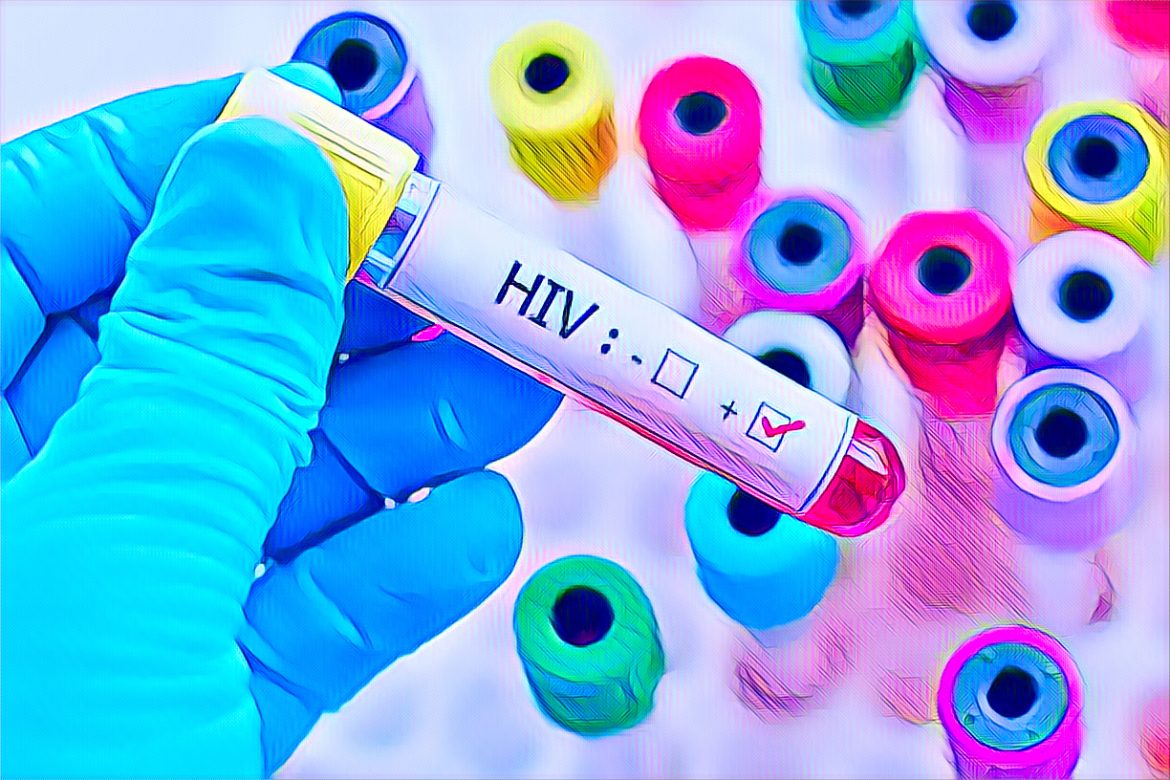The National Agency for the Control of AIDS (NACA) has reported that as of 2023, 140,000 children under 14 years old in Nigeria are living with HIV. This shocking number includes 22,000 new infections and 15,000 AIDS-related deaths among children. In response, the Federal Government has formed a committee to supervise the Prevention of Mother-to-Child Transmission (PMTCT) and pediatric HIV programs. This effort is in line with the “three-one principle”: one coordinating agency, one strategic framework, and one monitoring and evaluation system.
At the committee’s inauguration in Abuja, Health Minister Dr. Tunji Alausa highlighted Nigeria’s significant role in global mother-to-child HIV transmission rates, accounting for 25%. Despite testing nearly four million pregnant women in 2023, the country’s PMTCT and pediatric HIV coverage remain at just 35%, far below the 95% target.
In 2021, Nigeria developed the Global Alliance to End AIDS in Children Action Plan. The goal was to scale up pediatric HIV care and eliminate vertical transmission. However, three years later, service coverage is still below 35%.
Dr. Alausa emphasized that achieving health sector renewal is impossible if children remain vulnerable to HIV. The government, through NACA and the National AIDS and STIs Control Programme (NASCP), plans to provide effective governance and collaborate with partners to deliver quality healthcare to children.
Eliminating mother-to-child HIV transmission and ensuring care for all HIV-positive individuals, especially children, aligns with the government’s Renewed Hope Agenda. The newly formed committee, composed of technocrats and bureaucrats, aims to ensure early testing and optimized, high-quality treatment for children and adolescents living with or exposed to HIV.
NACA Director-General Dr. Temitope Ilori emphasized that Nigeria is facing a critical challenge in preventing mother-to-child transmission of HIV and providing care for HIV-positive children. She called for a stronger response to improve service coverage and outcomes.
Efforts to combat pediatric HIV and mother-to-child transmission in Nigeria are essential. With improved governance, heightened awareness, and effective healthcare delivery, there is hope for reducing the number of children affected by HIV in the country.
Source: The Guardian


